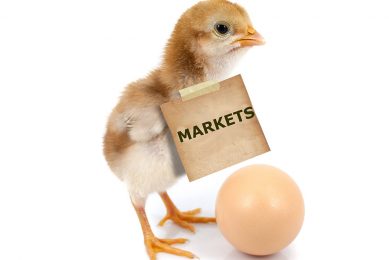UK: “New CAP must be fundamentally different”
Europe should rely less on direct farming subsidies and reward farmers more for their environmental efforts and the other work they do to enhance the countryside, states the UK Environment Secretary, Caroline Spelman.
Spelman, said that the new Common Agricultural Policy, currently being negotiated and to be in place from 2014, needed to be fundamentally different.
“The CAP continues to distort trade by maintaining high EU prices. This gives rise to high import tariffs and the use of export subsidies to clear market surpluses – all of which undercuts production in developing countries. This is morally wrong.
“To continue as we are threatens to snuff out the transition we need towards a market that can sustain EU agriculture in the future. Moreover, the fairer allocation demanded by new member states – with which I have sympathy – threatens to entrench subsidy dependence further. This must not happen.
“We need to make the new CAP fundamentally different. It must be about the new challenges of achieving global food security and tackling and adapting to a changing climate,” said Spelman.
Spelman thinks that the European Commission’s plans for CAP reform should be more ambitious, particularly in its approach to direct subsidies and in emphasising payments for farmers who deliver public goods.
“Now is the time to make very significant progress towards reducing our reliance on direct payments. Rising global demand for food and rising food prices make it possible to reduce subsidies and plan for their abolition.
Furthermore we should encourage innovation in the industry, and provide help with environmental measures and combating climate change. Our taxpayers have every right to expect other public goods for the subsidies they pay. Pillar 2 of the CAP does exactly that – which is why we want to see it taking a greater share of finite resources.”
Spelman wants to work with other G20 Agriculture Ministers on the need for an end to export bans, such as the grain export ban in Russia last summer.













